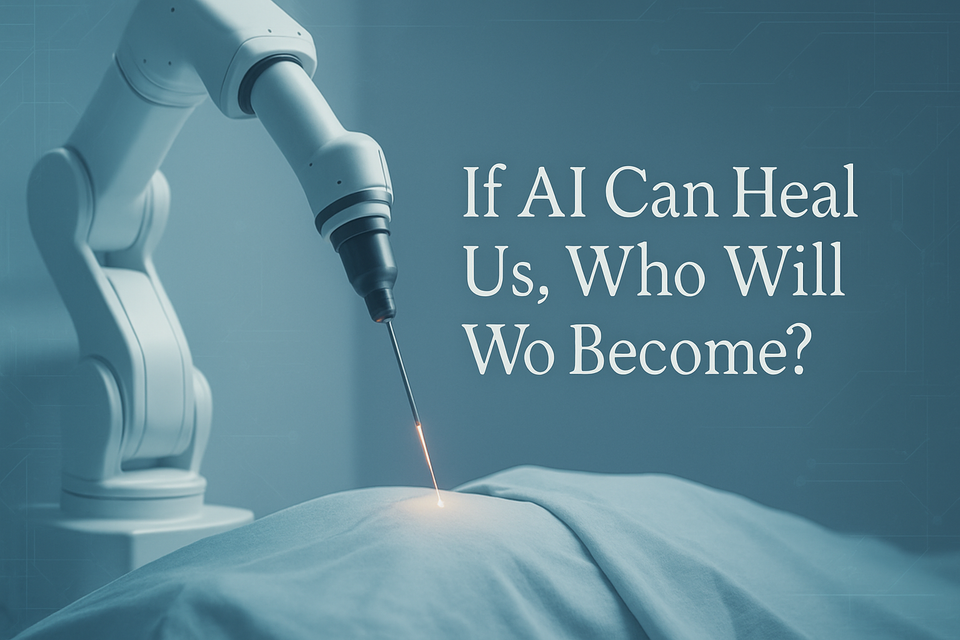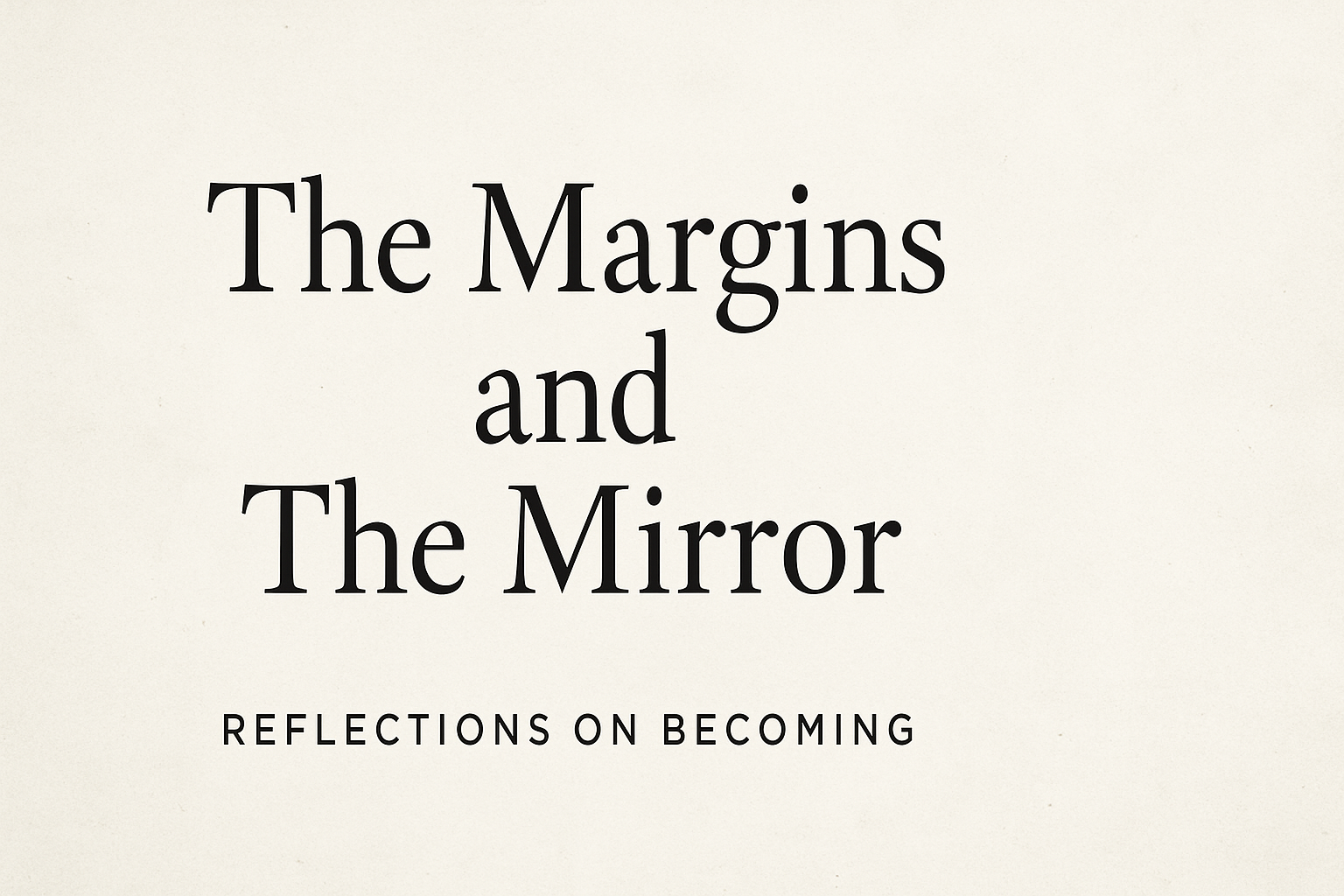If AI Can Heal Us, Who Will We Become?

This weekend, my nephew underwent an emergency appendectomy. But there were no surgeons at his side. Instead, it was an AI-powered, laser-guided machine that performed the procedure—efficiently, flawlessly, and without human error. It was a stunning example of how far technology has come, not just in automating the routine, but in entering domains we once believed required irreplaceable human expertise.
That’s why I read the recent New York Times op-ed by a LinkedIn executive on the loss of entry-level jobs with particular interest. The concern is real. But the frame feels far too narrow.
We are not just seeing disruption at the entry-level—we are witnessing a sweeping transformation across every sector, skill set, and profession. I've spoken with CEOs who use AI to draft internal communications. I've seen university students demand tuition refunds after learning that their professors relied heavily on AI tools to develop coursework. Writers and artists continue to wrestle with how their creativity is being replicated—or replaced—by generative systems. In Hollywood, screenwriters and performers have taken to the picket lines in protest of AI's growing role in animation, special effects, and even script development.
This isn’t a slow progression. It’s a cultural inflection point. And in some ways, it's a moment we've seen before. The Industrial Revolution, the rise of the internet, and the birth of social media were all eras that radically reshaped how we live, work, and define meaning. Yet again, we find ourselves surprised by the very changes we set in motion.
What we too often miss in these moments of upheaval is a wider lens. Yes, disruption brings pain. But it also brings possibility.
I’ve often reflected on how AI is democratizing the writing space for neurodivergent individuals who previously struggled to express themselves. In healthcare, machines that don’t suffer fatigue or distraction may ultimately reduce medical errors and help cut the soaring costs that have long burdened patients—viewed too often as consumers in a profit-driven system.
But perhaps the most urgent shift AI compels is not technical—it’s philosophical. If machines can perform both menial and complex tasks with precision, what becomes of our own sense of purpose? For generations, work has been central to adult identity in America. Our language reflects it: "What do you do?" is often the first question we ask.But now, that question demands a deeper answer.
This moment challenges us to rethink the core values of a system built on production and consumption. If our material needs can be met with less human labor, what do we do with that surplus of time, energy, and potential? Do we continue to cling to outdated models of success built on output and hustle? Or do we imagine new social contracts—ones that prioritize creativity, community, and care for ourselves and others?
For younger generations especially, this disruption might be liberating. Freed from the illusion that success must follow a rigid path—from elite university to high-status job—they may chart new ways of being. Universities might shift toward genuine inquiry and research, rather than high-priced credentialing. The false gods of status and social media fame may begin to lose their grip.
To be clear, none of this dismisses the fears or dislocations real people are experiencing. But we must resist the danger of the single story. We must hold more than one truth: AI will cause upheaval, and it can offer healing. It can replace tasks, and reveal new possibilities. It may even help us restore something we’ve lost—our capacity to define value in human terms, not just economic ones.
The LinkedIn executive who penned the op-ed has helped frame an important conversation. But LinkedIn itself is a platform built to define our value through the lens of labor.
Perhaps the larger task before us is to ask: What happens if we decenter work as the primary measure of worth?
The machines are not just coming. They’re already here. And they’re offering us a rare invitation—not just to adapt, but to evolve.
Ready to go deeper? Support independent, intentional journalism that cuts through the noise and dares to imagine something more human
Choose your tier: Sustainer, Founder, or Patron. Your support keeps this space thriving.

